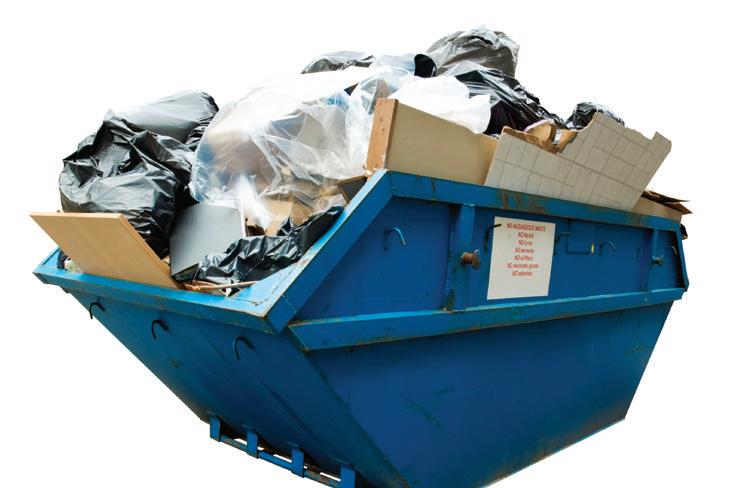13
Emotions and reactions A
Strong desires Pregnant women crave / have a craving for strange things like tuna and banana pizza! [want very
strongly]
Young children often seem to thirst / have a thirst for knowledge. [feel very strongly that you want] Sometimes my cousin just yearns to be on her own with no family responsibilities. [if you yearn to do / yearn for / have a yearning for something, it means that you want something that you do not have
and, often, can never have]
An Olympic gold medal is probably the most coveted sporting prize. [to covet something means to want to possess it very much]
B
Reacting to other people’s emotions Lottie tried to defuse the tension by changing the subject. [make a dangerous or tense situation calmer] Tim was very angry with his daughter and it took her a long time to placate him. [stop someone feeling angry]
An independent advisor has been brought in to conciliate between the unions and the employer. [end a disagreement between two people or groups by acting in a friendly way towards both sides; formal]
Although appeasing the enemy postponed the war for another year, it did not ultimately prevent it from happening. [end a disagreement by giving the other side an advantage that they are demanding (normally used in a disapproving way); formal]
Language help A useful adjective from placate is implacable. It is used about someone’s opinions and feelings and means that they cannot be changed, e.g. I cannot understand the implacable hatred that he still feels for his old rival. (Note: placable doesn’t exist.)
C
Being extremely happy
https://books-here.com
exultant: feeling great pleasure and happiness, usually because of a success (more formal than ecstatic) Sarah was in an exultant mood / was ecstatic after her great exam results. to rejoice: be extremely happy; formal Everyone rejoiced at the news of her recovery. jubilant: expressing great happiness, especially at a victory; formal There were jubilant shouts as the results of the referendum were announced. bliss: perfect happiness (often collocates with utter and sheer; adjective = blissful; the adverb blissfully often collocates with happy, ignorant and unaware) We had a fabulous holiday on a beautiful island – seven days of utter/sheer bliss. They are blissfully happy even though they’re poor. There are a number of informal expressions which mean to be very happy: You look full of the joys of spring today. Why are you smiling all the time? My daughter’s just had a baby girl. We’re thrilled to bits at the news. I feel on top of the world. It’s great to have a job again. I’ve been floating/walking on air ever since I heard I got into drama school. A: How did you feel when you scored the winning goal? B: I was over the moon!
32
English Vocabulary in Use Advanced



















































